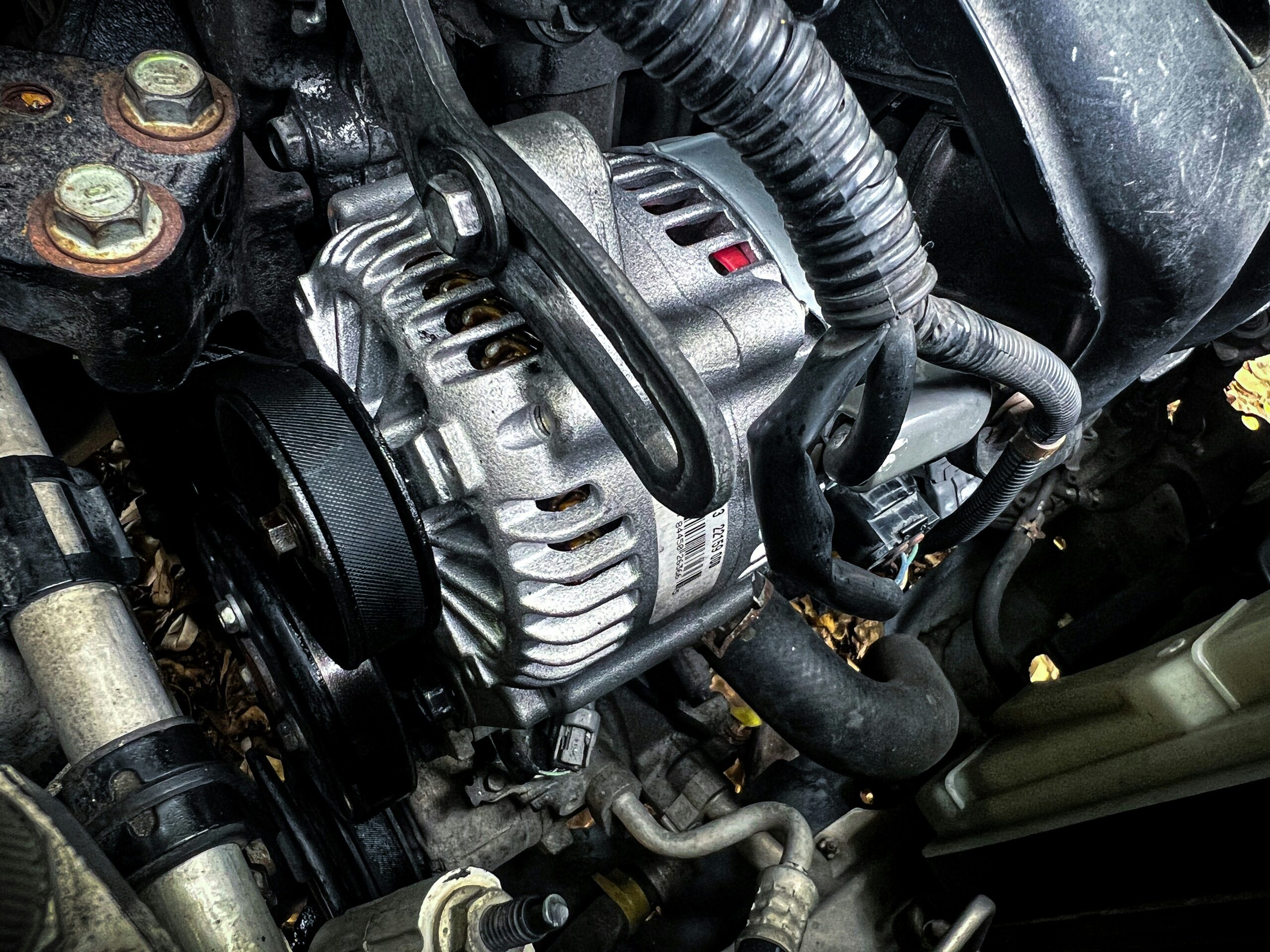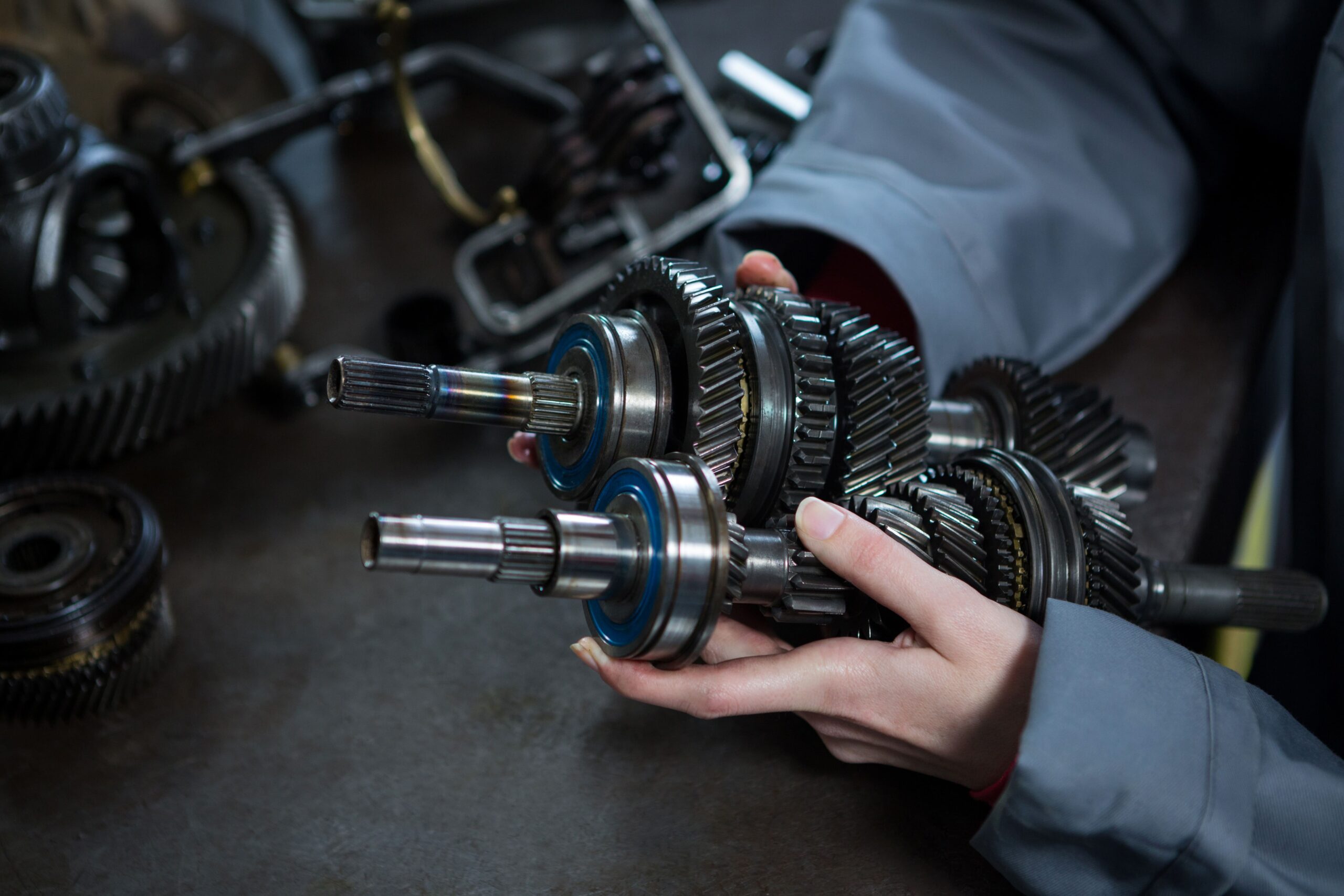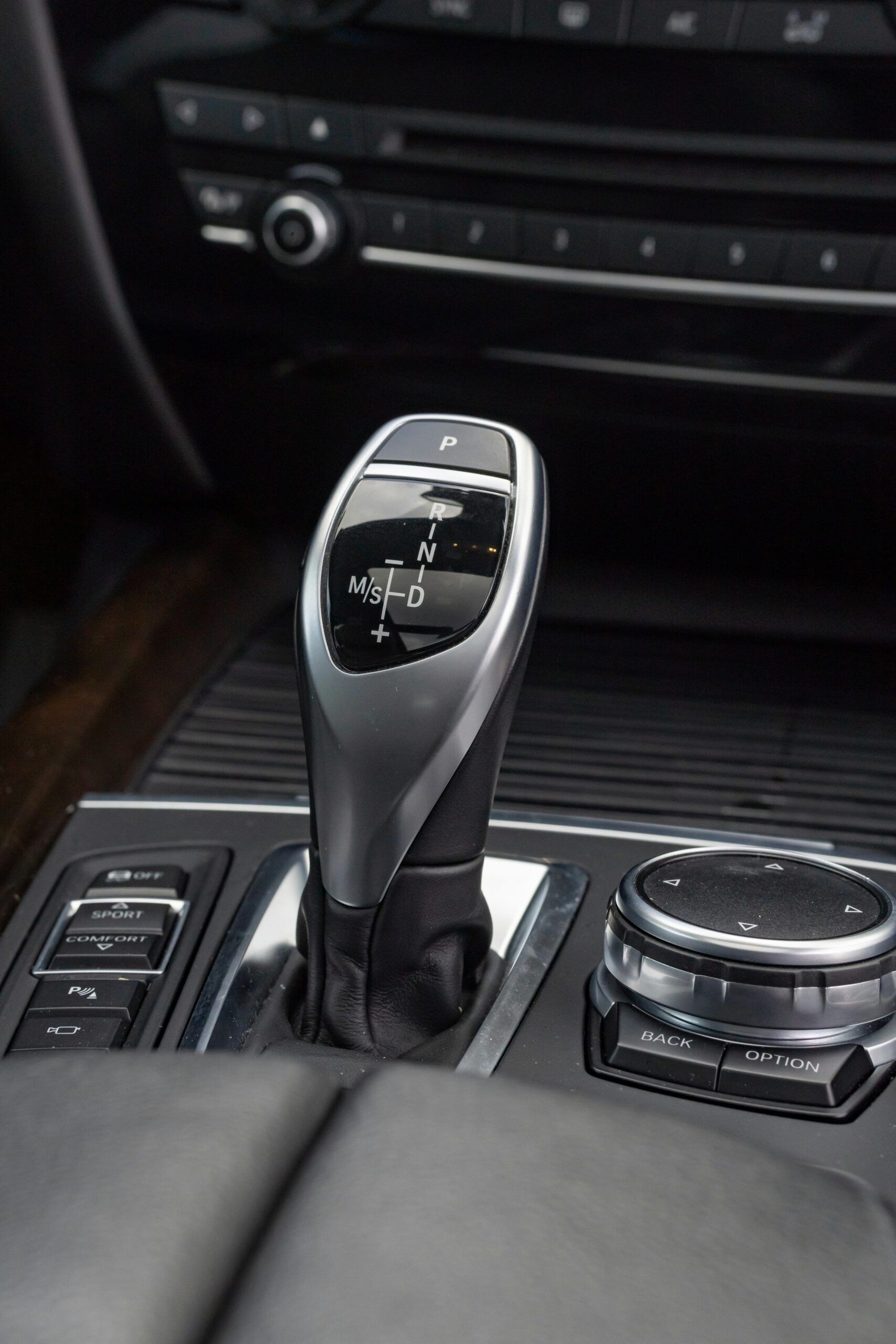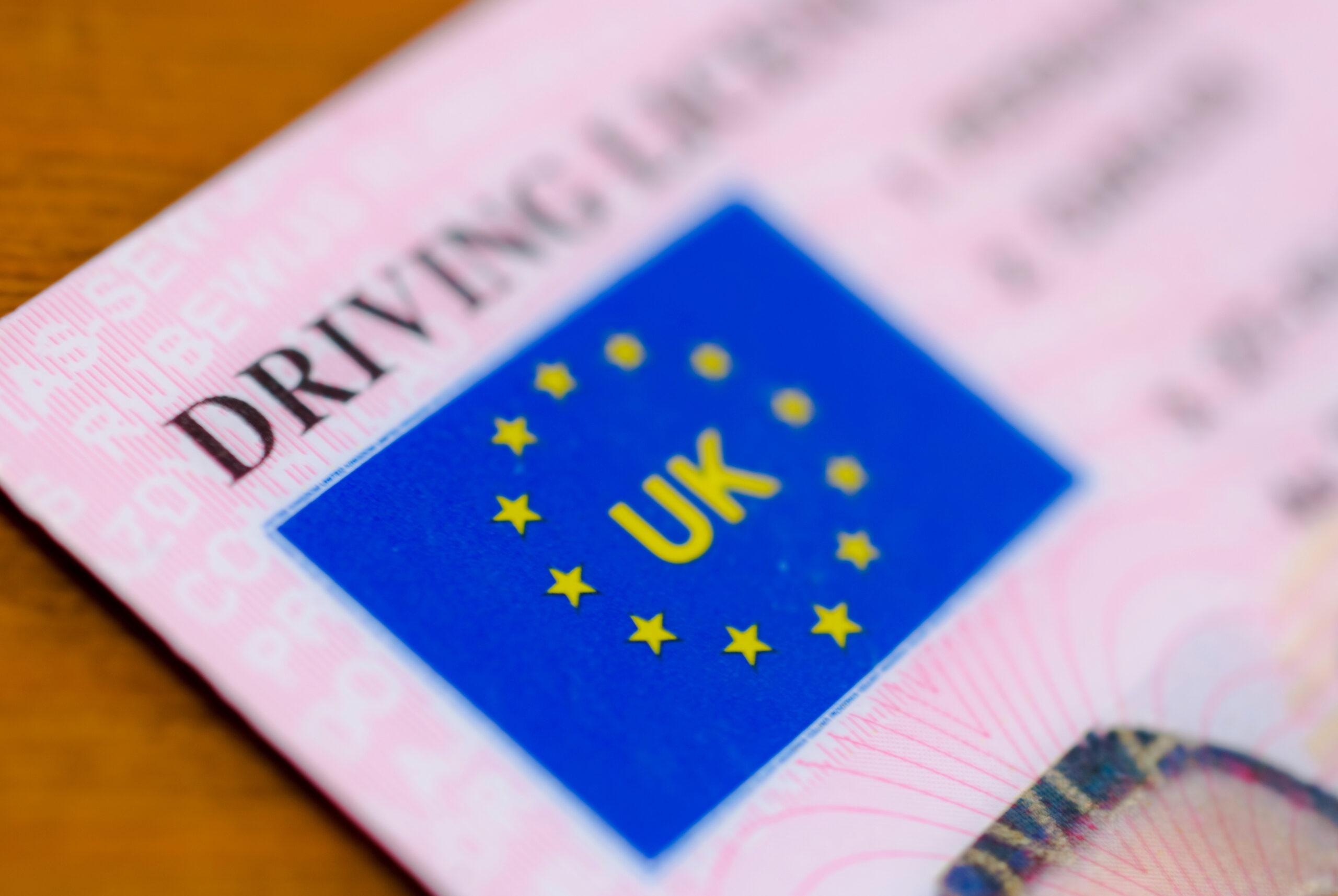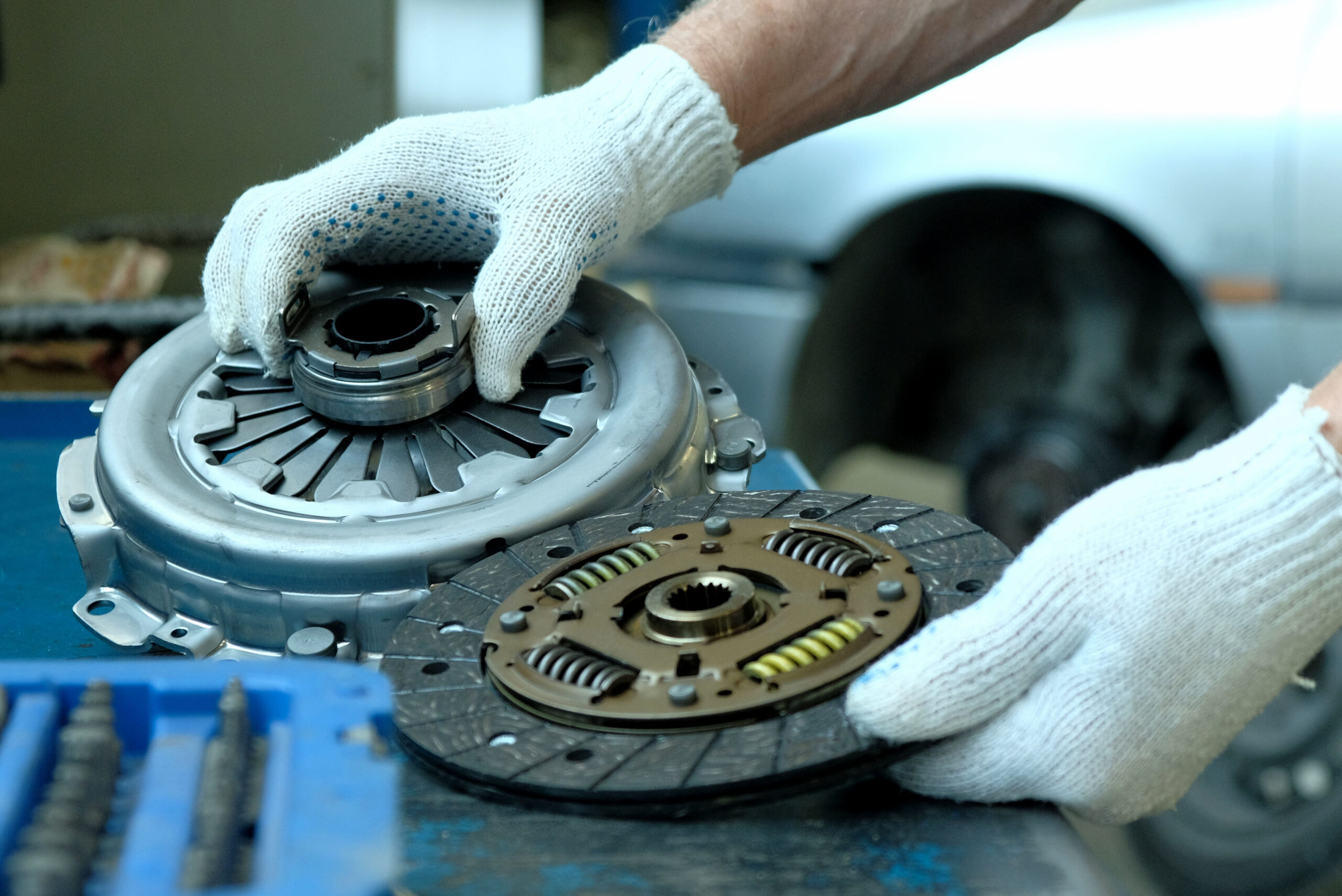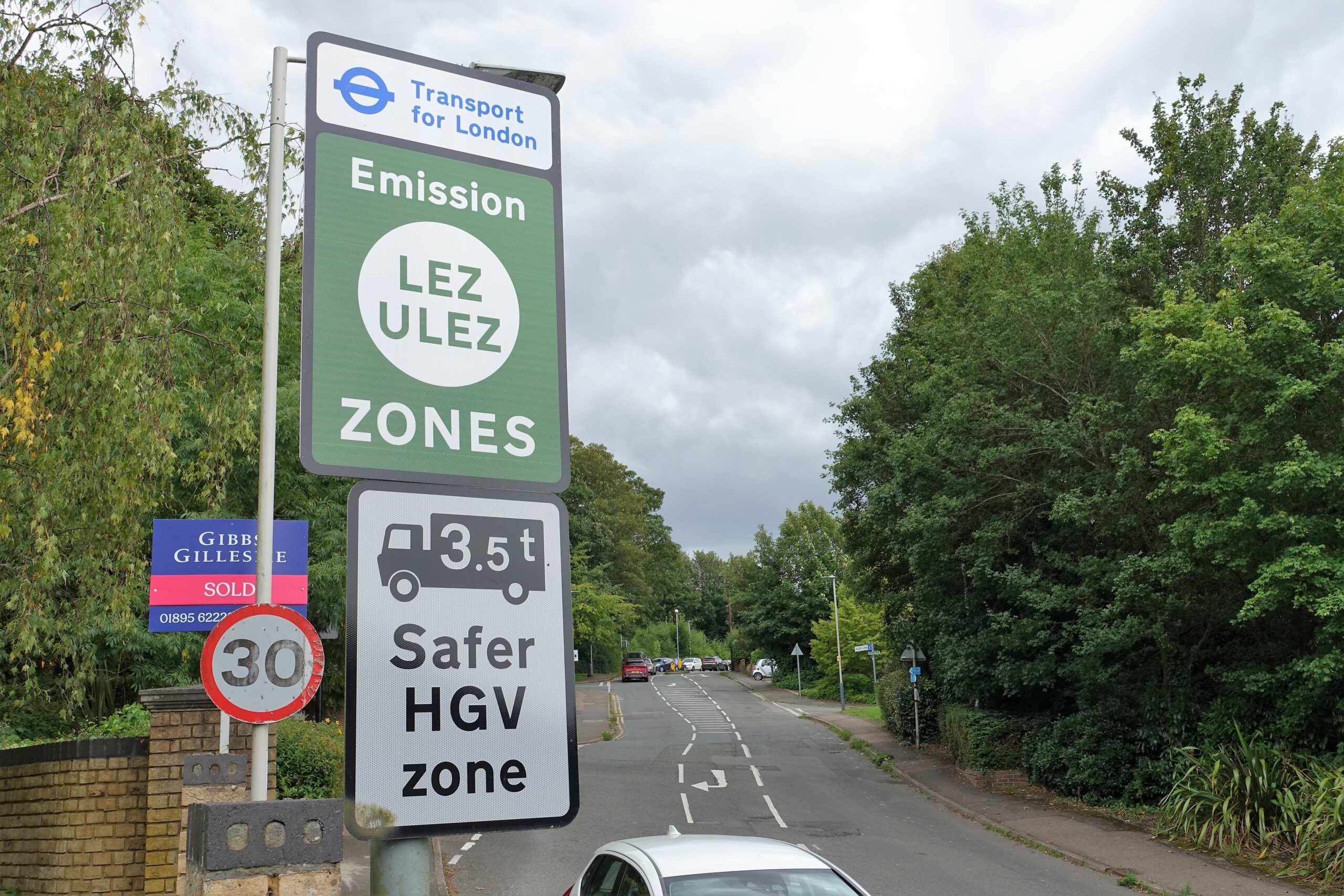
Who is the Legal Owner of a Car on Finance?
When it comes to purchasing a car on finance, one frequently asked question is, “who legally owns the vehicle?” It’s a common misconception that the person making the payments is the legal owner. However, the reality isn’t always as straightforward.
In the intricate world of auto finance, ownership can vary depending on the type of financing agreement you have. This article aims to clear up the confusion and shed light on the concept of legal ownership in car finance scenarios.
Understanding Car Finance: A Basic Overview

Let’s start by exploring car finance in its simplest form. Car finance is essentially a loan – instead of saving up to buy a car outright, a lender provides the funds, which you then pay back in monthly instalments.
There are three main types of car finance:
Hire Purchase (HP)
In a Hire Purchase (HP) agreement, you essentially hire the car from the finance company until the last payment is made. Similar to a mortgage on a house, you pay a deposit upfront and then follow it up with monthly instalments. These payments are a combination of the loan repayment and the interest charged by the lender.
Once you’ve made all your payments, the ownership of the car transfers to you. So, even though you’re the registered keeper of the car and responsible for its upkeep from the start, the finance company remains the legal owner until the debt is fully paid off.
Personal Contract Purchase (PCP)
Personal Contract Purchase (PCP) introduces a bit more flexibility into the car finance landscape. With a PCP, your monthly payments are not aimed at paying off the entire value of the car. Instead, you’re essentially paying off the depreciation of the vehicle over the term of the contract.
At the beginning of the contract, the finance company will set a Guaranteed Future Value (GFV), which is an estimate of what the car will be worth at the end of the term. Your monthly instalments are calculated based on the difference between the car’s initial price and this GFV, plus interest.
At the end of your contract, you have a few options: you can return the car to the finance company with nothing more to pay (assuming it’s in good condition and within the agreed mileage), trade it in for a new model, or make a final ‘balloon payment’ to keep the car.
In a PCP agreement, the finance company retains ownership of the vehicle until (and unless) the balloon payment is made.
Personal Contract Hire (PCH)
Personal Contract Hire (PCH) is similar to a long-term rental, allowing you to drive a car without owning it. You’re essentially leasing the vehicle for an agreed period, typically between 2 to 5 years.
Throughout this term, you’ll pay a fixed monthly fee which covers the cost of the vehicle’s depreciation. The car must be returned at the end of the contract in a condition that aligns with the Fair Wear and Tear standards, without exceeding the pre-agreed mileage limit.
It’s a straightforward and hassle-free approach because you won’t have to worry about selling the car later, or its resale value. However, remember, you won’t have the option to buy the car at the end of the term – it always has to be returned to the finance company.
Some other types of loan options include:
Condition Sale
A Conditional Sale agreement is somewhat similar to Hire Purchase, yet with a distinct difference: the monthly payments are a tad bit higher, but there are no additional fees to pay at the end of the loan term. This means, once you’ve finished your monthly repayments, the car is yours, outright.
The typical deposit for a Conditional Sale agreement is about 10% of the car’s value, which helps to make the initial cost more manageable. Furthermore, the repayment terms are quite flexible, ranging anywhere from two to six years. This flexibility allows you to spread the cost and manage your finances effectively, making the Conditional Sale a popular choice for many car buyers.
Personal Loan
A personal loan is a flexible and straightforward finance option where you borrow a specific amount of money from a bank, credit union, or other lender, and then repay the amount, plus interest, in fixed monthly payments over a set period, typically between 1 to 7 years.
What makes a personal loan particularly appealing is that you own the car from day one, even though you’re still paying off the loan. This means you can sell the car at any point during your repayment period without worrying about any restrictions or penalties. Browers with good credit scores will usually get lower interest rates, but even with a less-than-ideal score, a personal loan can still be a viable financing option.
Guarantor Loan
A guarantor loan is a type of financing where another person, known as a guarantor, co-signs the loan agreement, promising to cover the repayment of the loan if the borrower is unable to make the payments. This type of loan is commonly used by individuals who might have difficulty securing a loan on their own, such as those with poor credit history or low income.
The guarantor, often a close friend or family member, must have a good credit score and stable income. This assurance of repayment provided by the guarantor gives lenders more confidence and can make borrowing more accessible for those otherwise unable to obtain financing.
Want to Sell your Car Under Finance?
Enter your car’s details and get an instant valuation today.
Who Legally Owns a Car on Finance?

The question of legal ownership when it comes to financing a car is quite straightforward. In most cases, the finance company is the legal owner of the car while it’s under finance. This means that until you’ve made your final payment, the company retains ownership rights. However, it’s essential to understand that this situation can slightly differ depending on the type of finance deal you have.
For example, with a personal loan, you’re the owner of the car from day one because the money is loaned to you directly, not the car dealer. But with plans like Hire Purchase or Conditional Sale, the finance company owns the vehicle until you’ve paid the debt in full.
So, as a rule of thumb, always check the terms of your specific contract to understand who holds the legal ownership at any given time.
Car Register Keeper Vs. Owner
The terms ‘car register keeper’ and ‘owner’ are often used interchangeably, but they have distinct definitions. The registered keeper of a car is the person who is responsible for it, including its maintenance, its condition, and any parking or speeding tickets it may incur. This person’s details are recorded by the DVLA and appear on the vehicle’s V5C logbook.
The owner of the car, however, is the individual or entity who has paid for the vehicle or is paying for it under a finance agreement. This person has the legal right to sell the vehicle. It’s worth noting that the registered keeper and owner can be the same person, but they can also be different.
For example, a company car would technically belong to the company (the owner), but the employee who uses it would be the registered keeper.
What Proves Legal Ownership of a Car?
Proving legal ownership of a car is typically established through the vehicle’s V5C logbook, also known as the registration document. This document is issued by the Driver and Vehicle Licensing Agency (DVLA) and contains details of the vehicle and its registered keeper. However, it’s crucial to understand that being the registered keeper does not automatically make you the owner.
The V5C logbook states that it’s not proof of ownership. The ultimate proof of ownership is a sales receipt or a sales contract from the seller to the buyer, which should include details of the vehicle, the price paid, the seller’s and buyer’s details, and the date of transaction.
In terms of financial contracts, the finance agreement or loan document serves as proof of ownership. Always ensure to keep these documents safe, as they provide the strongest evidence of vehicle ownership.
9 Common Misconceptions About Car Ownership and Finance
Here are some common misconceptions about car ownership and finance:
1. “Financing a car means you own it”: As explained earlier, the finance company owns the car until the debt is paid in full in most financing agreements. Only in situations where a personal loan is used does the borrower own the car outright from the start.
2. “You can’t sell a financed car”: While it’s true that the finance company technically owns the car, there are still options available to you if you’re looking to sell. ExchangeMyCar allows you to get an instant valuation on your vehicle, giving you an idea of its current market value. If the value of your car exceeds the remaining amount on your finance agreement, the buyer will settle your finance and give you the balance, which can then be put towards a new car.
If, however, the remaining loan amount is higher than the vehicle’s current value, you still have the ability to sell your car. You would simply need to make up the difference to fully settle the finance agreement.
3. “You can’t finance a used car”: This is not true. Many finance companies offer loans for used cars. The key factor here is the age and condition of the car, which will determine the loan amount and terms.
4. “A guarantor on your loan also has ownership rights”: The guarantor is there to guarantee the loan repayments, not to share ownership of the car. Their role is purely financial, not legal.
5. “Financing a car is the same as leasing”: Financing and leasing are two different options. When you finance a car, you’re working towards owning it eventually. On the contrary, leasing is more like renting, where you return the car at the end of the lease period.
6. “Only people with perfect credit can finance a car”: While having a good credit score can help secure better interest rates, individuals with less-than-perfect credit can still finance a car, often with the help of a guarantor.
7. “The best finance deals are always at the dealership”: While dealership finance options can be convenient, they’re not always the most competitive. It’s always worth shopping around and looking at other lenders before making a decision.
8. “The listed APR is the only cost to consider in car finance”: The Annual Percentage Rate (APR) is a crucial factor, but it’s not the only cost. Fees, charges, the type of interest (simple or compound), and the loan term all contribute to the overall cost of the loan.
9. “You can’t end a car finance agreement early”: Most finance agreements do allow for early termination, but there could be charges involved. It’s important to read the loan agreement carefully and understand the implications before deciding to end it early.
Remember, it’s crucial to read and fully comprehend the terms of any finance agreement before you commit.
Bottom Line
We hope this guide has given you a better understanding of car financing and ownership.
To put it simply, when you finance a car, you’re taking a path toward ownership, but until the full repayment of the loan, the finance company holds the ownership rights. It’s essential to be well-informed and to challenge the myths that can lead to costly mistakes.
Be sure to read the terms of any finance agreement thoroughly before making a commitment.
